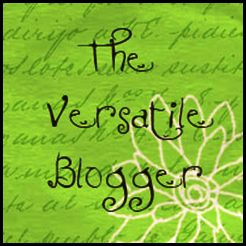You cannot create experience. You must undergo it. Albert Camus
Before humans could write and read we learned through witnessing and listening. As witnesses, we saw what others experienced, and (hopefully) we learned vicariously. When we witnessed someone become ill from eating the strange red berries, we were not likely to eat those berries. We listened (again hopefully) when our parents and elders passed along knowledge and wisdom with the spoken word: don’t poke the sleeping tiger.
The written word expands our worlds. All the red berries have warning labels and the sleeping tigers have awakened. If we want to know about Subject X, the most expedient method is to look it up on the Internet. Sometimes, we can watch a film or talk to a subject expert, but the cheapest and quickest way to learn anything is to read. The written word saved my sanity as a child. Books were my lifeline to the world beyond the one I was confined to then, and I wanted to experience all of it.
The short 90 or so years that I will be on this planet will not satisfy my desire for discovery, and I am nearly two-thirds of the way to my expiration date. As I weed my way through what I am willing to experience, death has become my azimuth. Years ago, some therapists told me that this was a problem so I “worked” on it, but now, I find that it has served me well. Keeping my eye on death causes me to embrace my eternal presence – the part of me that will continue when my body no longer exists. Who I become now I take with me into eternity. What I experience helps me evolve into who I become.
Countless words exist of people’s tales detailing their journeys of how they became who they are. There are hundreds of methods and paths to self-discovery. I’ve read the books and blogs of people who appear to have blazed the trails to enlightenment and ultimate universal connection. I’ve prayed their prayers. I’ve practiced their meditations. I’ve repeated their mantras.
Yes, I’ve grown. I’ve become. I’ve discovered. I’ve experienced. But, I’ve not achieved the measure of conscious embodiment their words have described. I’ve failed to mirror their success and wonder why.
In my efforts to master the experience of Centering Prayer, I read Thomas Keating’s book Manifesting God. If you read his book, you can’t but help but hear Keating’s voice and feel his experience with God. In a moment of clarity, some small still voice inside me said: “these words describe how it is for him, but not necessarily how it is for you.” Keating can only describe his process, not mine. He cannot live my experience any more than I can live his.
Words and books cannot create my experience. Living creates experience.
The experience I seek is to be fully alive as my true self in this life.
Only my presence can create that experience.
©2013 by Barbara L. Kass
